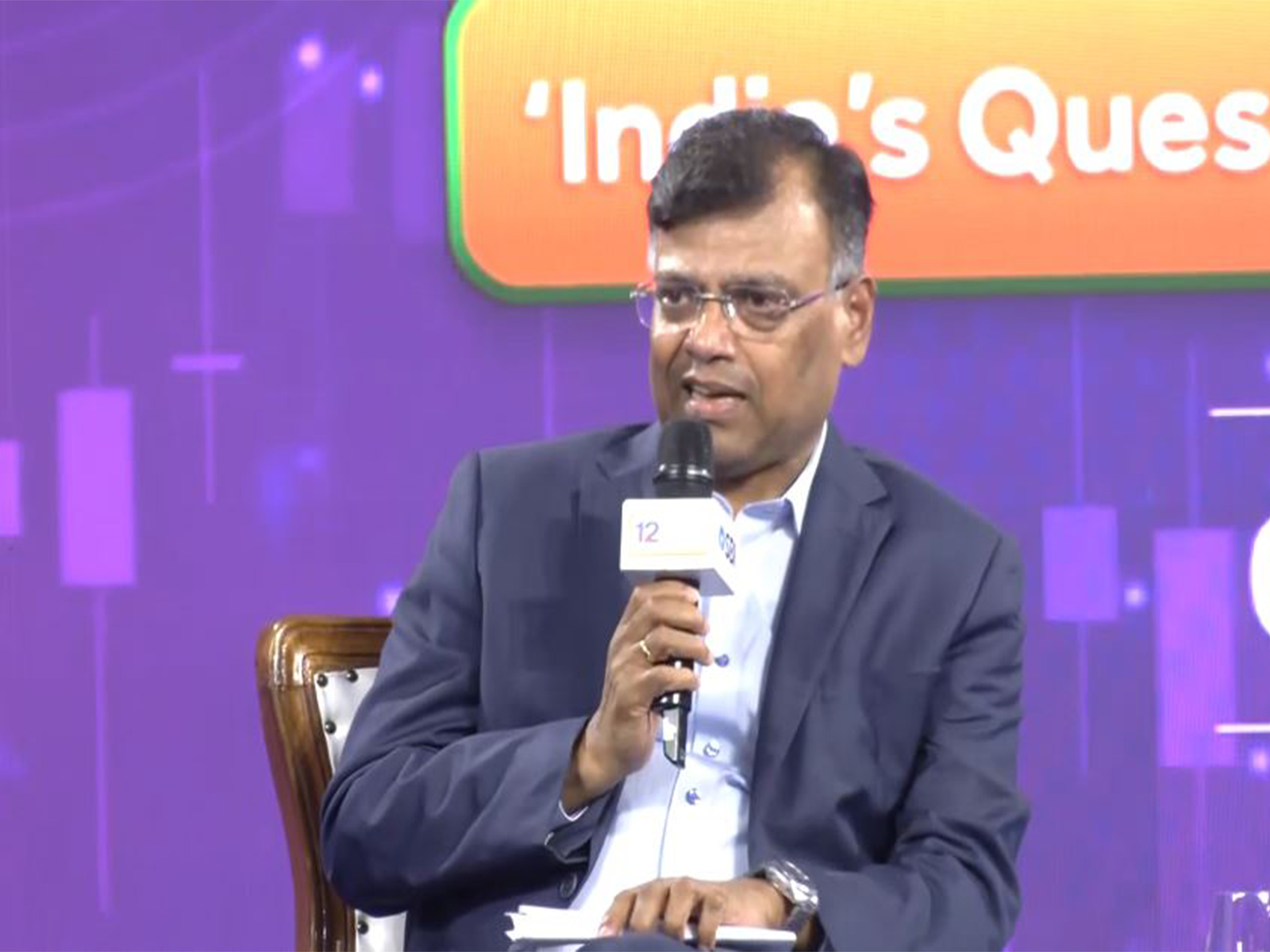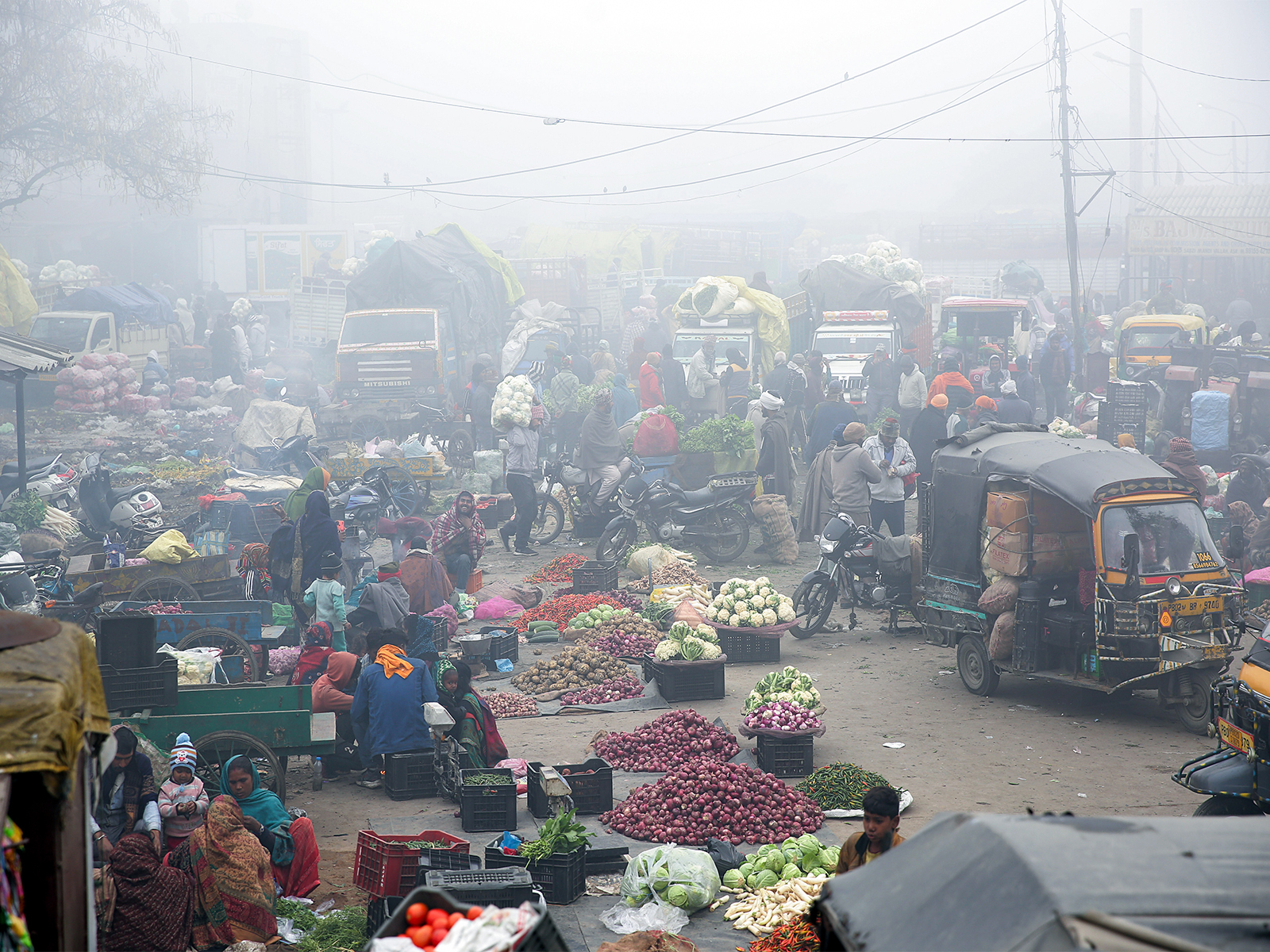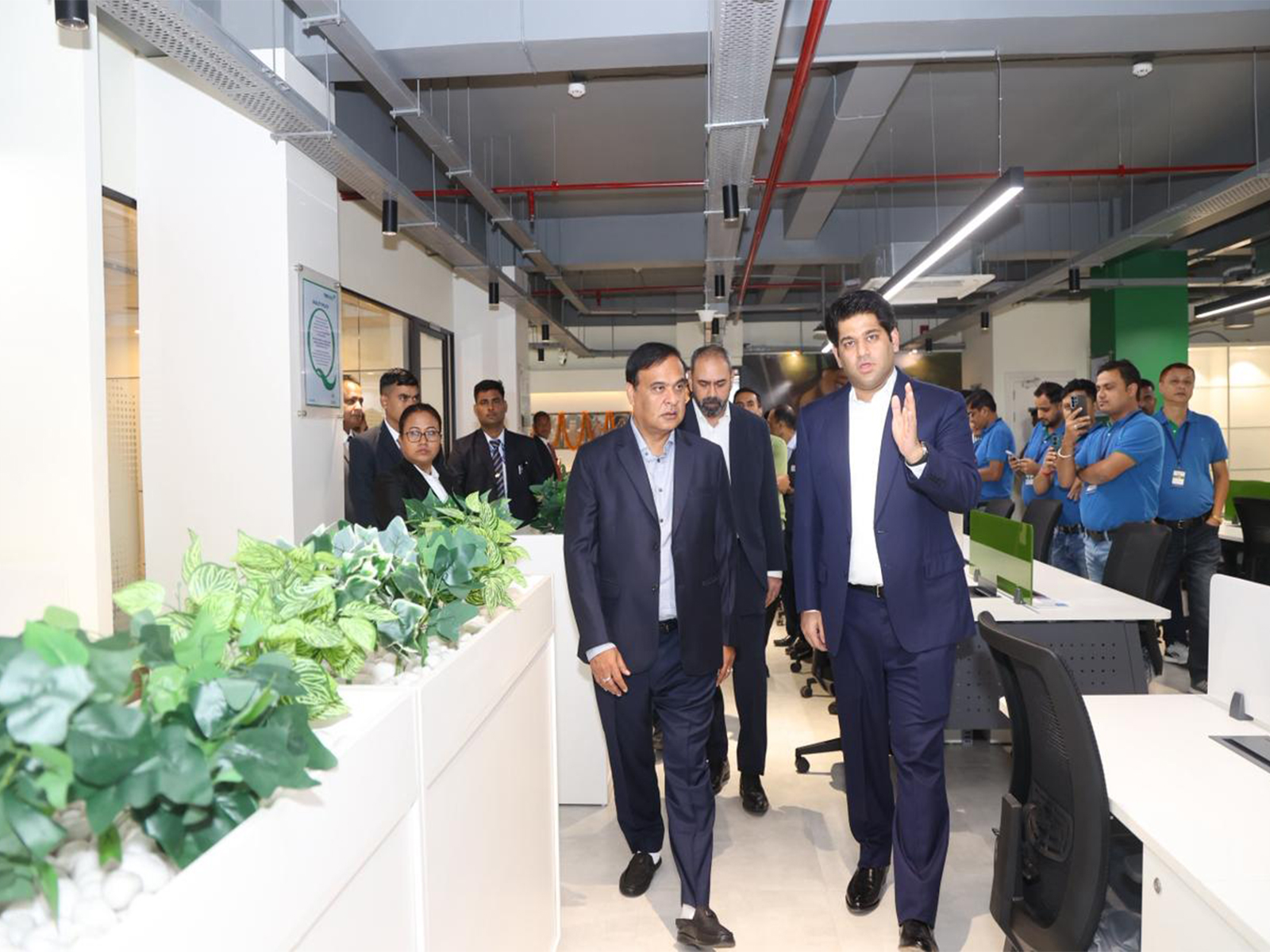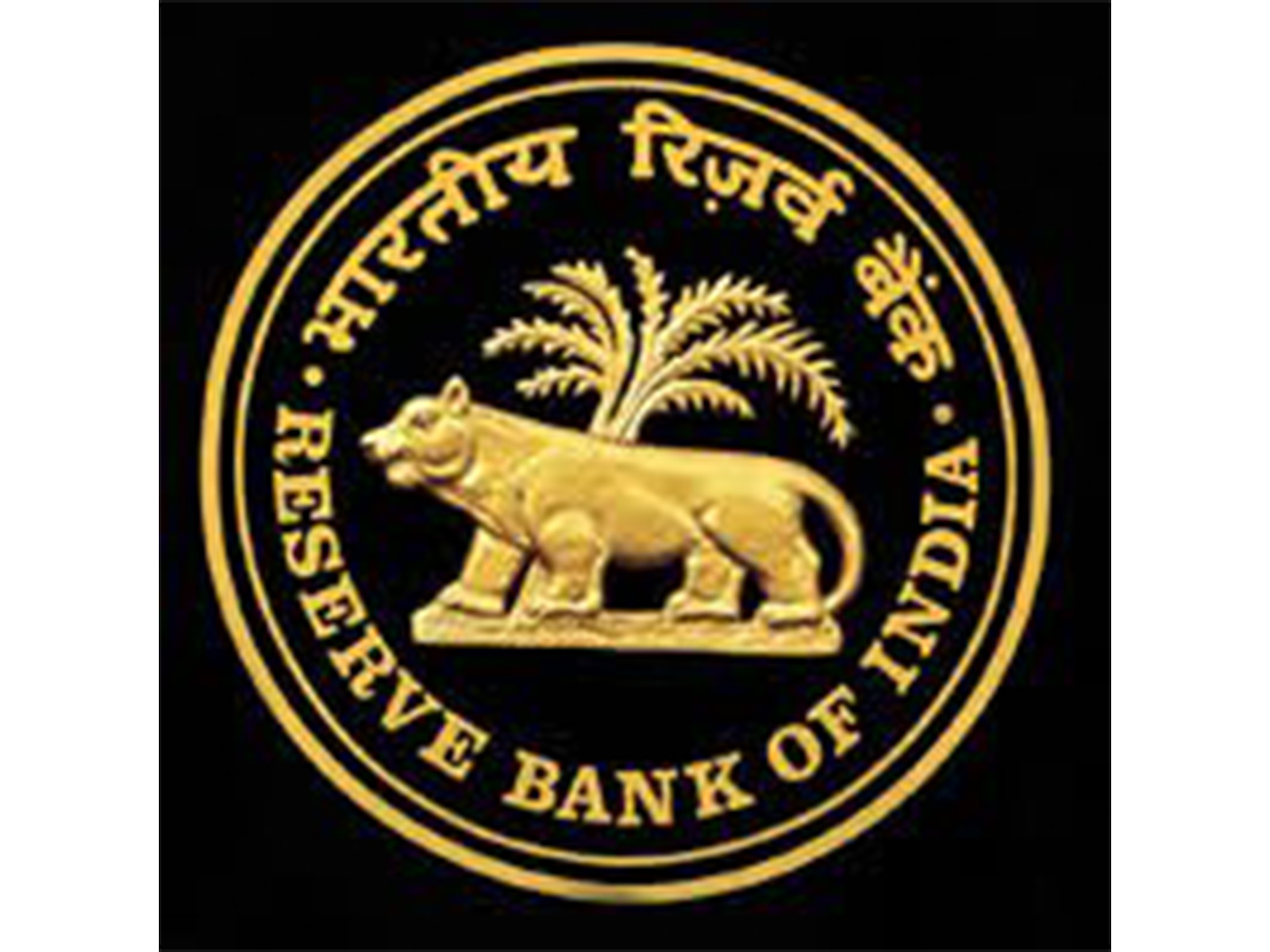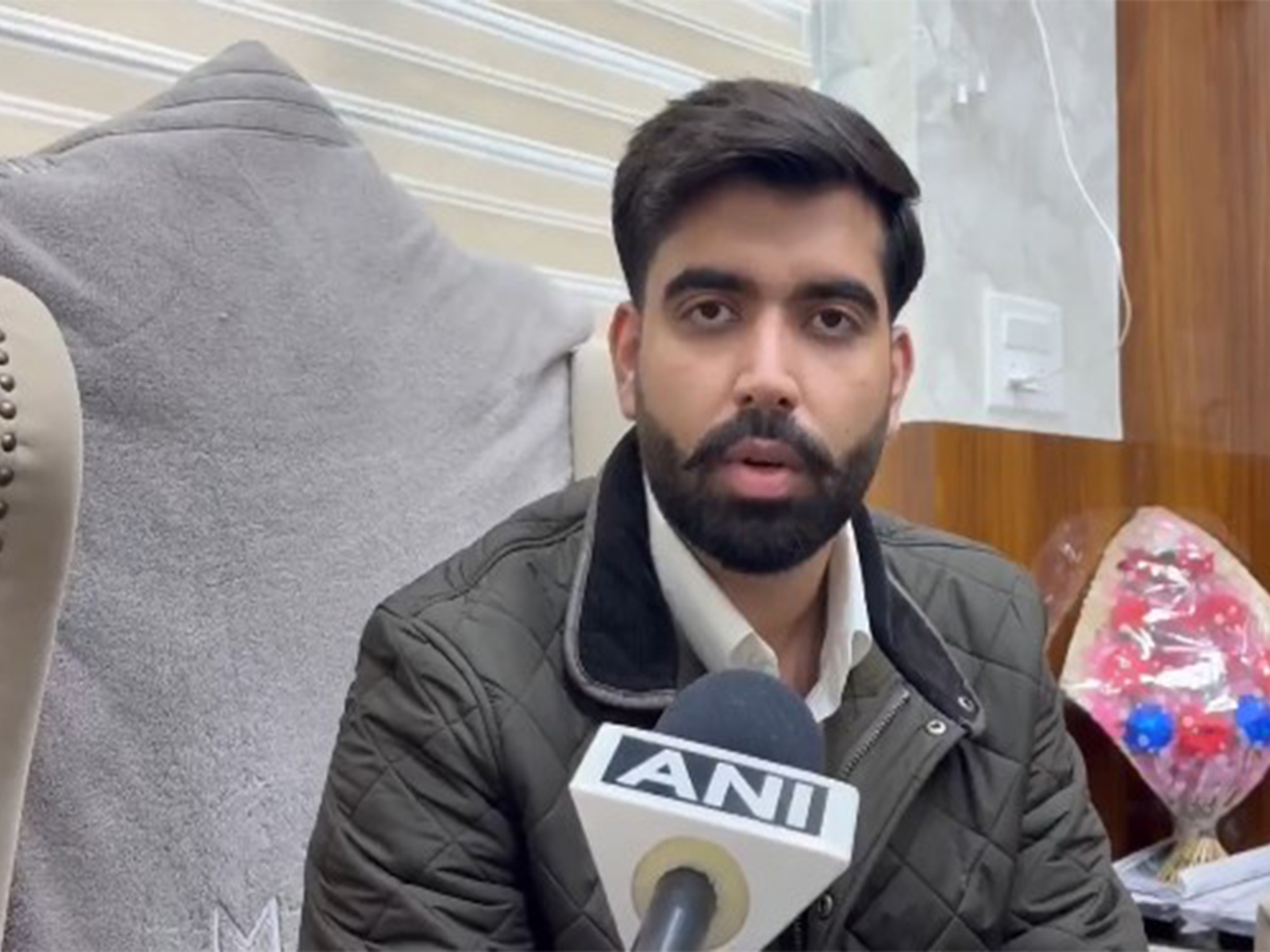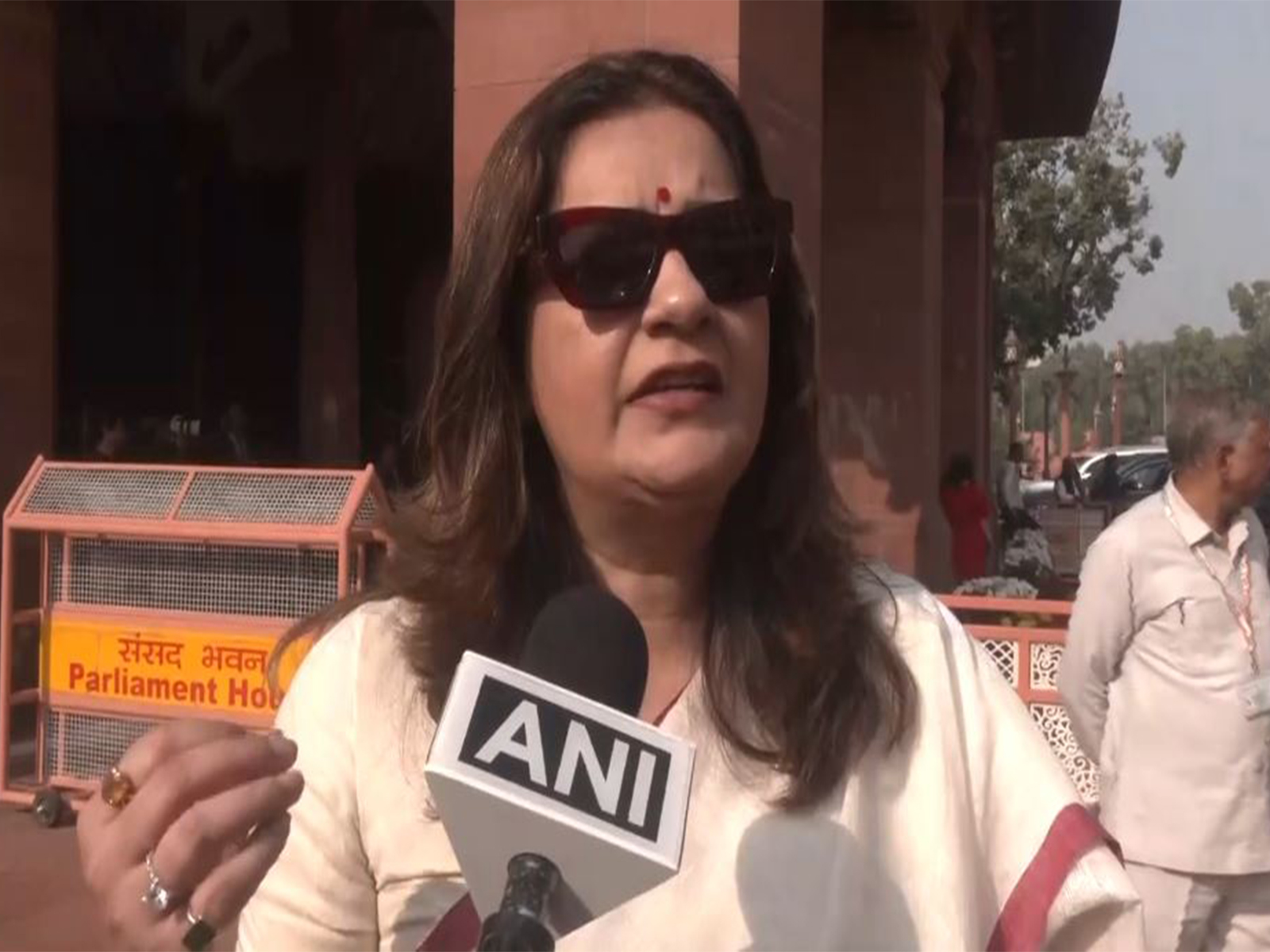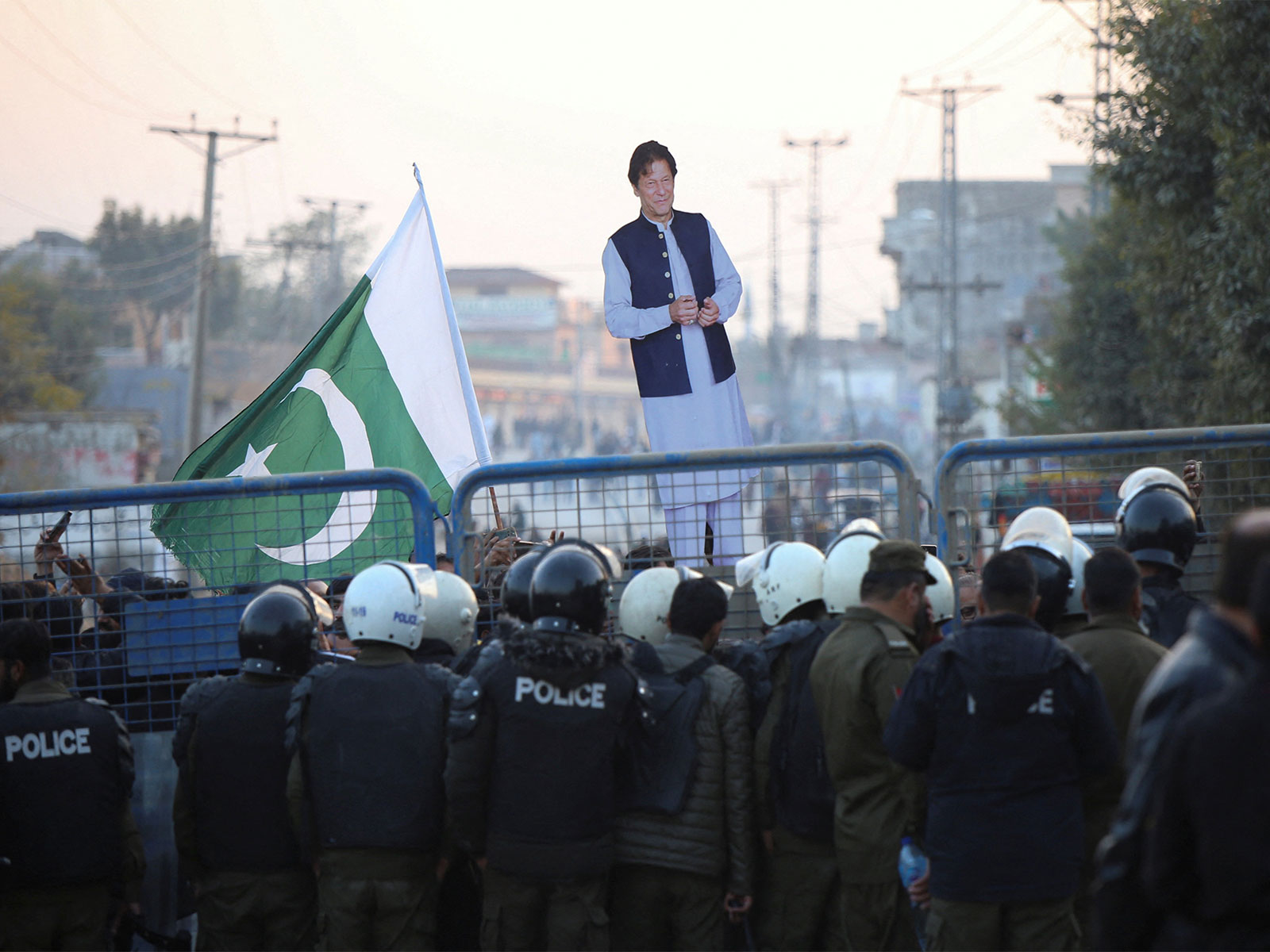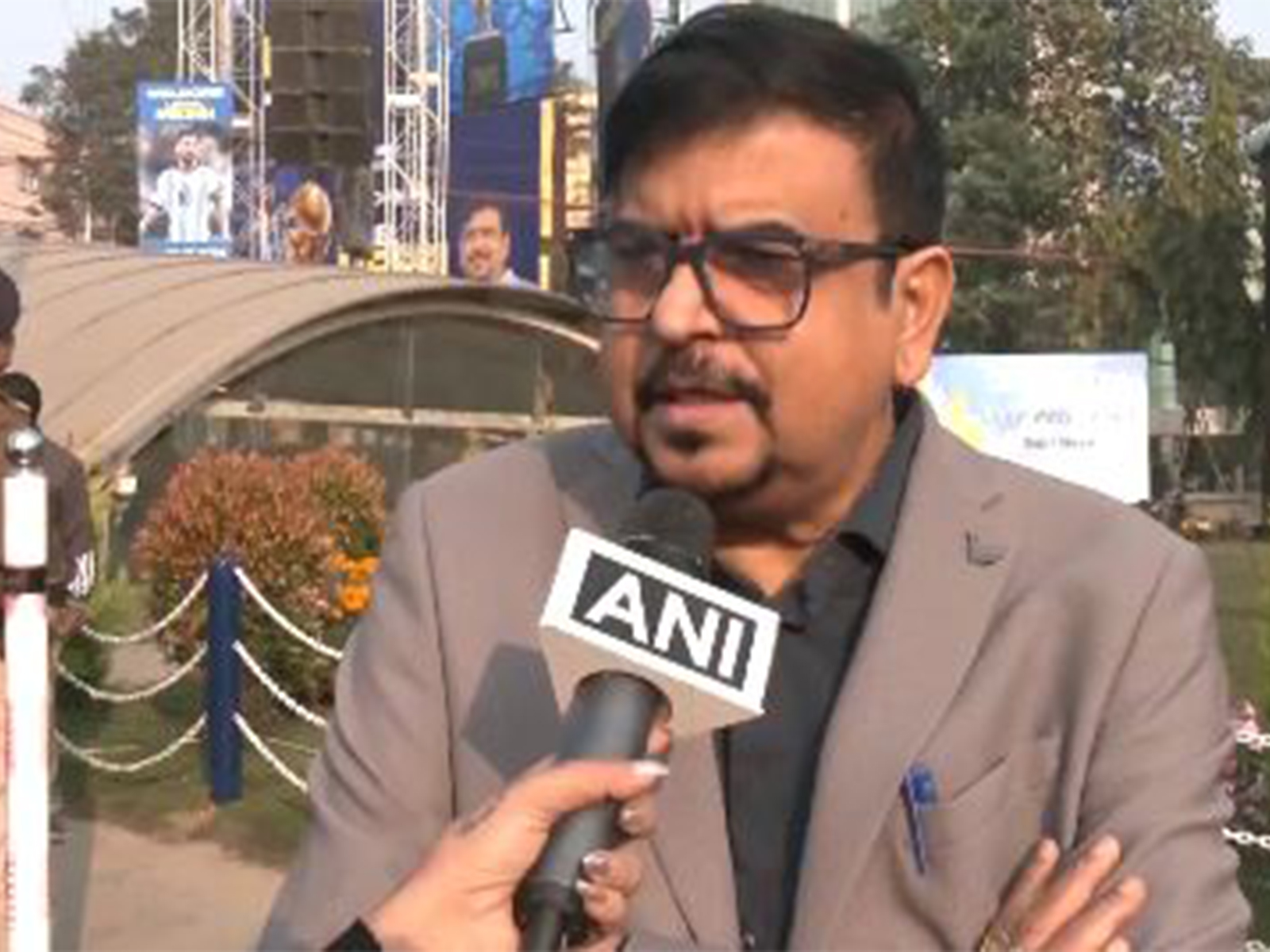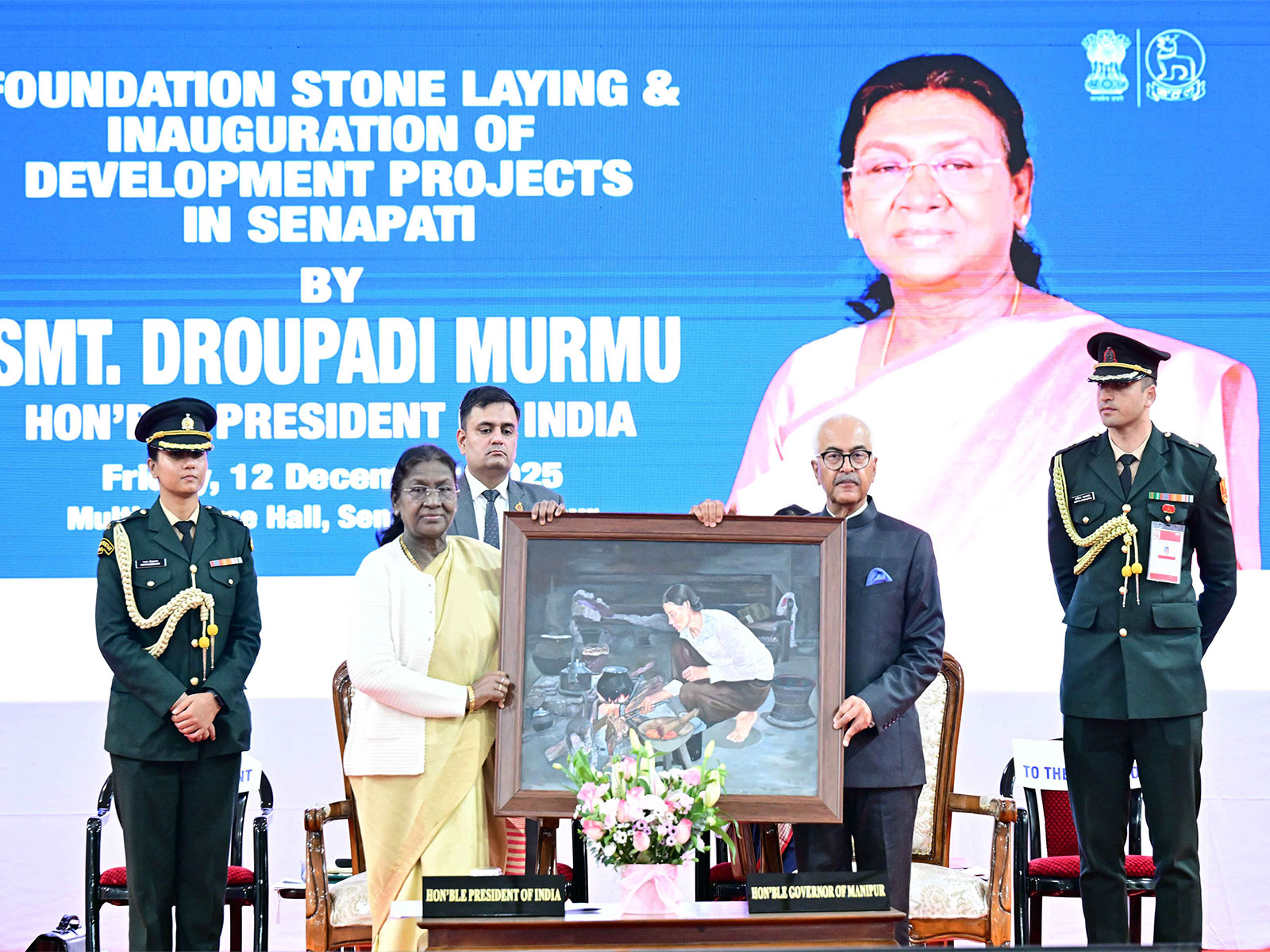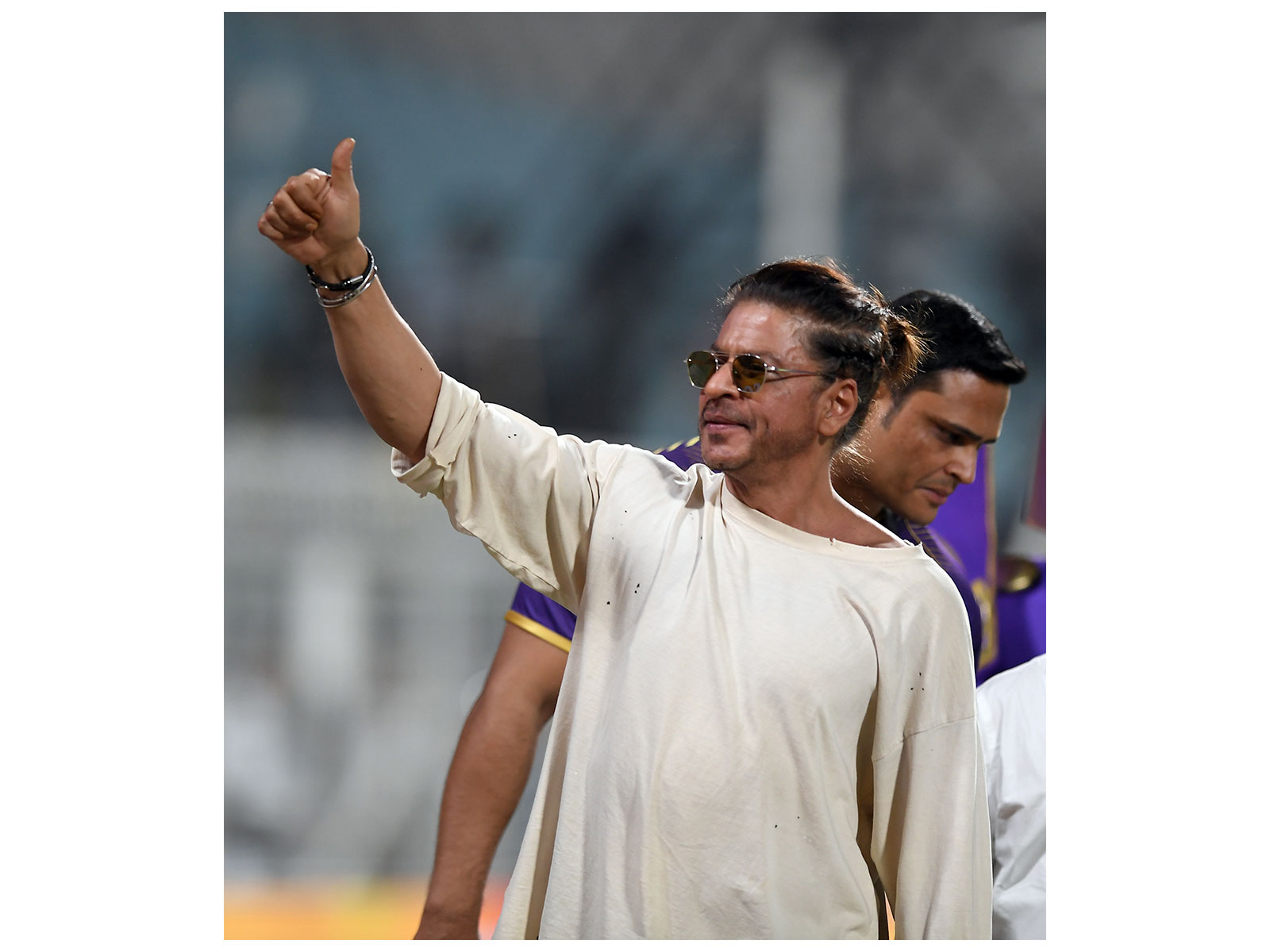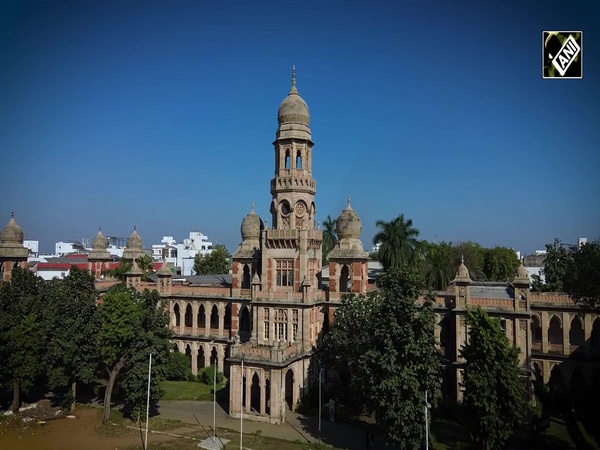Mariwala Health Initiative holds a National Consultation on prioritizing suicide prevention amongst the youth in India
Feb 09, 2023

New Delhi [India], February 9 (ANI/BusinessWire India): Mariwala Health Initiative organised a National Consultation on Prioritizing Suicide Prevention for Youth in India recently at the Constitution Club of India. The event was conducted in collaboration with the Ministry of Education, Ministry of Health and Family Welfare (MoHFW), Ministry of Youth Affairs and Sports, National Service Scheme (NSS), Sports Authority of India (SAI) and ETI Services.
The Ministry of Health and Family Welfare released the first National Suicide Prevention Strategy (NSPS) in November 2022. Its vision is to create a society where people value their lives and are supported when they are in need and MoHFW has committed to reduce suicide rates by 10 per cent by 2030. The NSPS acknowledges that suicide is a complex issue and tackling it will require inter-sectoral collaboration and therefore it has articulated responsibilities and action items for other Ministries including the Ministry of Education, the Ministry of Youth and Sports Affairs, Ministry of Woman & Child Development, etc.
In India, more than 40 per cent of suicides (as per 2021 NCRB data) are amongst young people below the age of 30 years. The consultation brought together various stakeholders including the relevant ministries, civil society organisations (CSOs) working with young people, mental health organisations and young people from multiple states in India. As part of the consultation, discussions focused on multiple stressors faced by young people including academia, employment, relationships, etc.
Speaking about the need for a national consultation, Priti Sridhar, CEO Mariwala Health Initiative said that, "Creation of the National Suicide Prevention Strategy was the first step towards reducing death due to suicide. It was important for us to listen to young people to understand their stressors and suggestions on suicide prevention strategies. We hope that with this multi stakeholder consultation we are able to design programs that address the issues young people experience, and work with the ministries to achieve reduction in suicide rates."
Integrating sports as an effective intervention for better mental health outcomes, as well as, the responsibility of the media towards reporting on suicide were also discussed as important touchpoints within Suicide Prevention. A common thread across the conversations was the need to understand the mental health and suicide risks for historically marginalized youth who face considerable challenges owing to their socio-economic status.
Chief of Child Protection, UNICEF India, Soledad Herrero recognised the need for organisations and sectors to come together around addressing the challenge of mental health and suicide prevention in India, especially for the youth. She said, "COVID-19 gave us the opportunity to make mental health a priority and UNICEF has partnered with the Indian Government and other key stakeholders on expanding and scaling up initiatives and platforms, to improve psychosocial wellbeing, with a focus on children and young people. India has a unique opportunity for its growth agenda to be led by the youth, but we must bear in mind that it is the children and the young- who are most vulnerable to mental health challenges. It is only with the young people and for the young people- when we can actually make a real difference."
Padma Shri Awardee, Virander Singh Chauhan, Former Chairperson University Grants Commission and Founder ETI shared that, "Given the complexity of the issue it is pertinent for those affected to get involved, and all of us should make sure that we open and increase communication with people around us, in our homes, neighbourhood, towns and across the country. Let us encourage those who want to talk about mental health and share their anxieties and lend a helping hand in whatever way we can."
Dr Lakshmi Vijayakumar, Founder SNEHA shared that - "I would like to congratulate the Ministry of Health and Family Welfare for the leadership in releasing India's first suicide prevention strategy- which gives stakeholders a pathway to come together, to prioritise and usher change. Media, with its multiple forms, plays a key role in information dissemination for almost all age groups. It is critical that we ensure proper reporting - avoiding stigmatising language, sensationalization and maintaining empathy. Trainings must be provided to ensure guidelines by Press Council of India and World Health Organisation."
Jangjilong, Regional Director, Regional Directorate of NSS Delhi, shared that,"Today, India is one of the youngest nations in the world with more than 62 per cent of its population in the working age group (15-59 years), and more than 54 per cent of its total population below 25 years of age. Youth are the most important and dynamic segment of the population in any country. We can undoubtedly say that today's young are tomorrow's innovators, creators, builders and leaders. In our roles, I am sure we all agree- the youth need our support in terms of good health, education, training and opportunities to transform the future. The NSS volunteers should be introduced to mental health, right at the outset, and can use their training to eventually make a successive impact on the field. Workshops and interactions can be organised to understand where the NSS volunteers require support and how best to provide this is a safe space."
Director, Department of Higher Education, Ministry of Education, Govt. of India. Vishwajeet Kumar spoke about the aim of the Ministry of Education to reduce pressure at both secondary and higher education systems. He added, "NCERT has developed counselling systems to support children in school to address mental health challenges. Similarly, CBSE has also created a system for post exam counselling support. At college level, UGC sends regular advisories keeping in mind stressors and sensitivies involved." Kumar also highlighted a very important initiative launched by Honourable Prime Minister Modi titled Pariksha Pe Charcha - an annual event where Honourable PM interacts with students appearing in board examinations. Additionally, Manodarpan- an initiative by the Ministry of Education provides psychosocial support for mental health and well-being of students during the COVID outbreak and beyond.
Dr Zoya Ali Rizvi, Deputy Commissioner, Ministry of Health and Family Welfare, Govt of India highlighted that. "There are multiple existing challenges related to mental health, especially amongst India's youth. Young people have become victims and perpetrators of violence and we must recognize where we may be failing as parents and communities. The government of India and the Ministry of Health and Family Welfare has launched multiple initiatives and interventions to respond to the challenge, especially post-COVID. We believe the change starts from the youth taking the first step, their eagerness to act upon becomes the guiding light for policymakers to usher in the change."
This story is provided by BusinessWire India. ANI will not be responsible in any way for the content of this article. (ANI/BusinessWire India)
